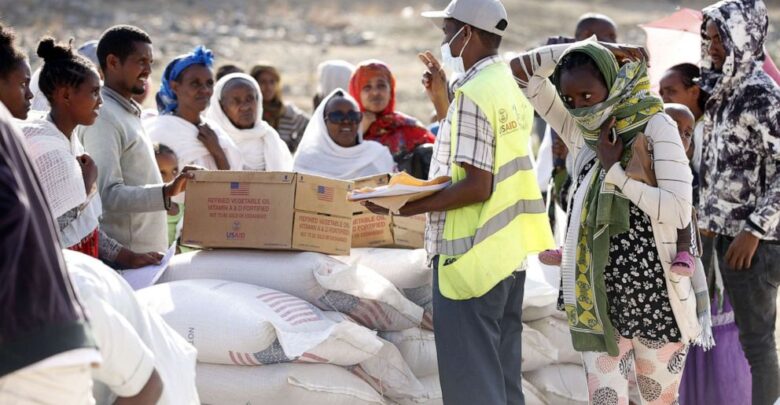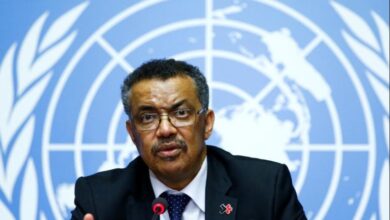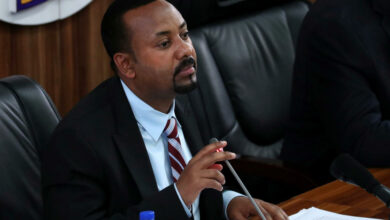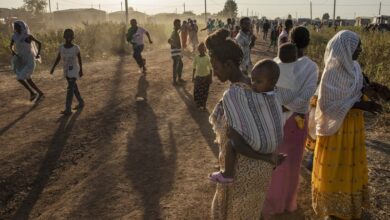Ethiopia
WFP Says Half Of War-Hit Tigray’s Population In Need of Emergency Food Aid

The World Food Programme (WFP) on Friday said almost half the population of Ethiopia’s war-hit Tigray region is in severe need of food, as humanitarian groups struggle to reach the population because of insufficient fuel supplies, reported The Reuters.
According to a new emergency assessment by the United Nations agency, malnutrition rates have skyrocketed and are expected to worsen in the Tigray region, which is home to around 5.5 million people.
As per the WFP assessment, 29% of young children are suffering from global acute malnutrition (GAM) and more than half of pregnant or breastfeeding woman are also malnourished leading to stunting and maternal death.
Health agencies consider malnutrition rates of 15% or over indicative of an emergency situation where the humanitarian needs are critical.
“Hunger has deepened, rates of malnutrition have skyrocketed, and the situation is set to worsen as people enter peak hunger season until this year’s harvest in October,” the report said.
The WFP said that banking, telecommunications and other essential services were cut in Tigray, days after the national army and allied forces pulled out a year ago. The agency added that the services are yet to be restored, hampering the ability of people to buy food.
Claire Nevill, a spokesperson for WFP in Ethiopia, said the data and the figures were extremely worrying and likely to worsen as the UN faces a funding squeeze, partly as a result of the war in Ukraine. He warned that WFP’s funding to treat malnutrition across northern Ethiopia was fast running out.
Years of insufficient rainfall across Kenya, Somalia and Ethiopia have caused the worst drought in 40 years and conditions akin to famine in the hardest-hit areas, aid groups say.
An unprecedented four failed rainy seasons has killed millions of livestock, destroyed crops, and forced 1.1 million people from their homes in search of food and water.
“The world needs to act now to protect the most vulnerable communities from the threat of widespread famine in the Horn of Africa,” said WFP executive director David Beasley.






